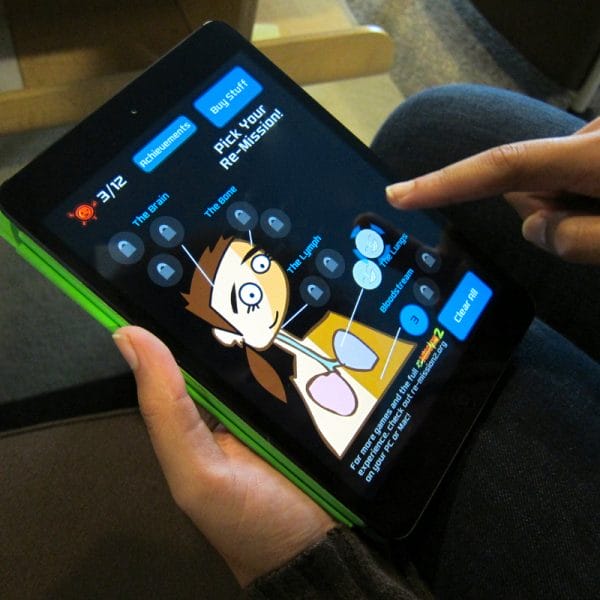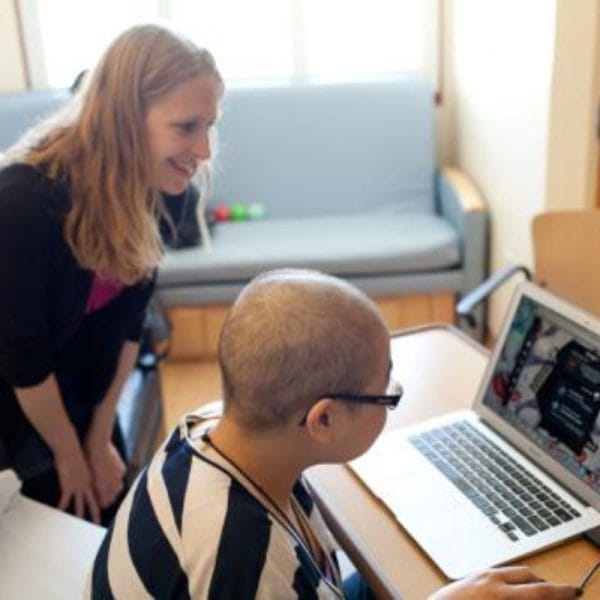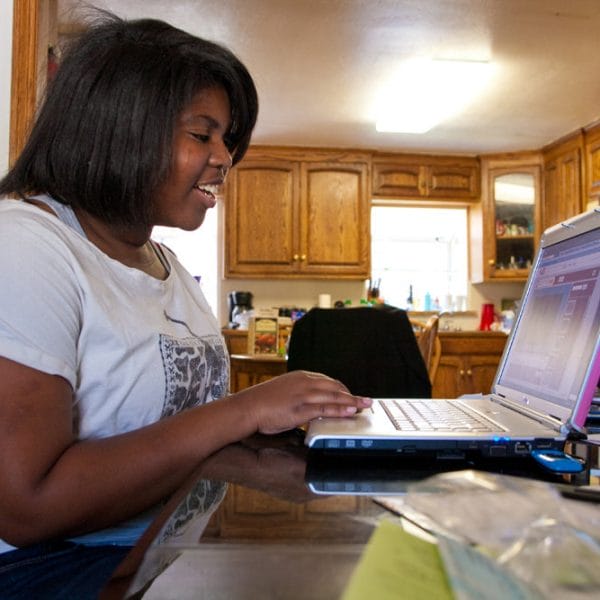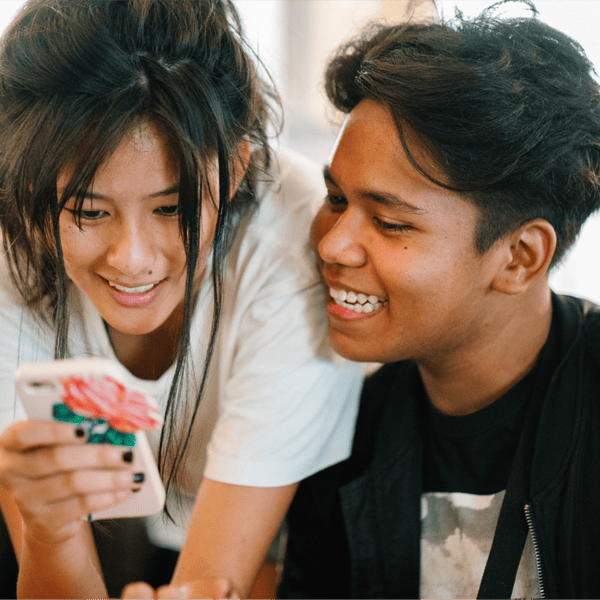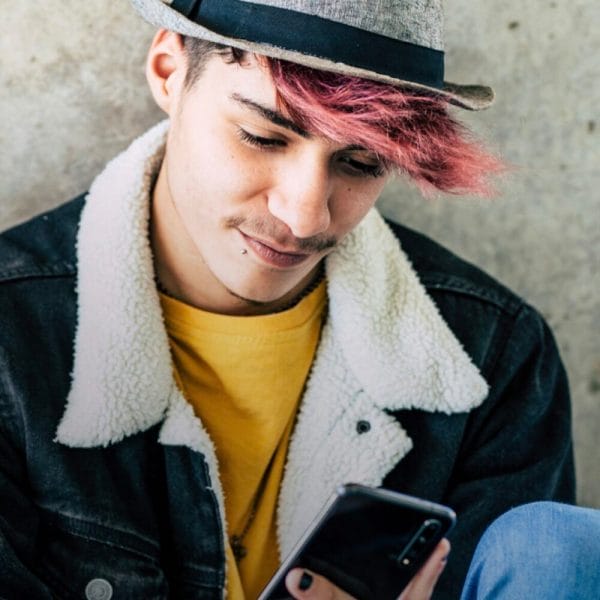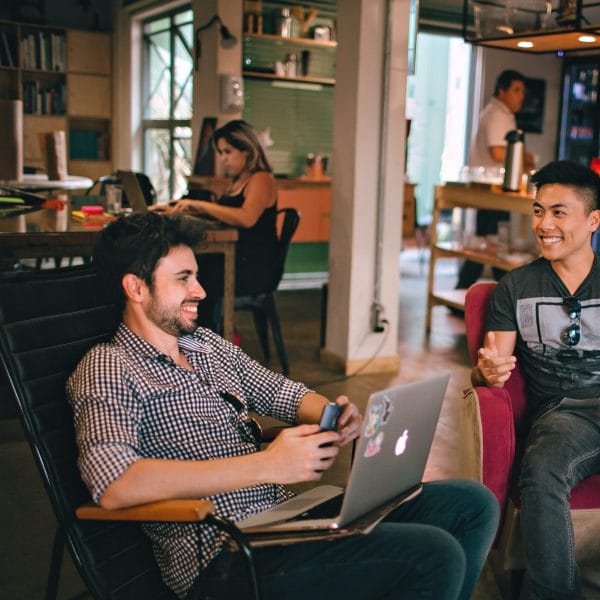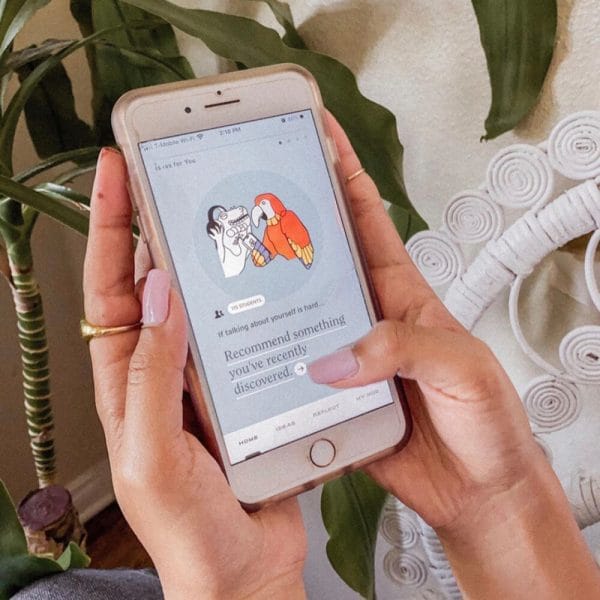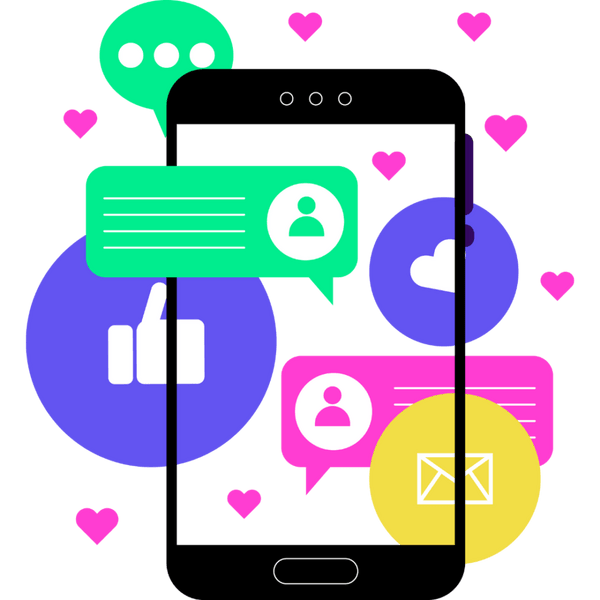
2024 National Survey
In partnership with Common Sense MediaThis study shows that while social media continues to pose risks, it also plays a beneficial role in supporting the mental health and well-being of young people — especially those from marginalized communities.
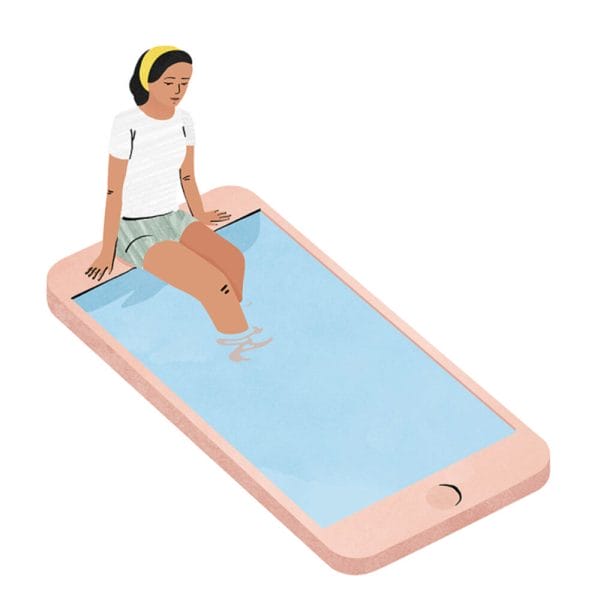
A National Survey Sponsored by Hopelab and Well Being Trust
In partnership with Well Being TrustDigital health practices, social media use, and mental well-being among teens and young adults in the U.S.
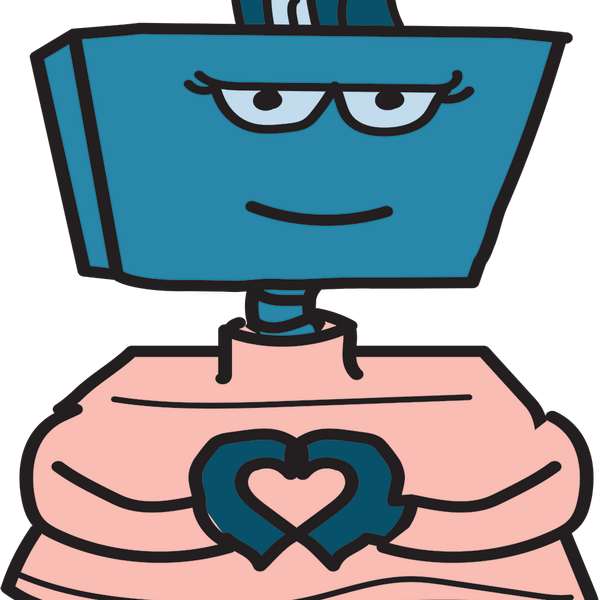
Chatbot “Vivibot”: Randomized Controlled Feasibility Trial
In partnership with GRYT HealthThis pilot randomized controlled trial examined the feasibility of delivering positive psychology skills via the Vivibot chatbot and its effects on key psychosocial well-being outcomes in young adults treated for cancer.

